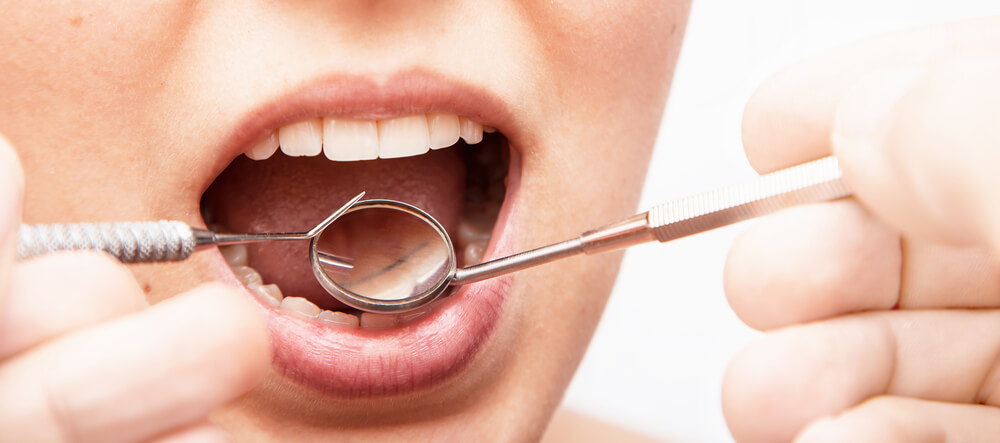Periodontal disease refers to an infection or inflammation that occurs around your dental structure. Usually, the dental issue occurs around the teeth and gums. During its initial phases, the condition goes by the term gingivitis.
The typical sign would be that the gums become red or show signs of deterioration. The issue might even occur alongside some bleeding. In the more severe stages, periodontal disease can eventually lead to complete tooth damage.
The disease mainly occurs in adults and ranks high up as one of the most common dental health issues today. A recent CDC report showed that over 46% of adults over 30 years have previously experienced a unique variation of this disease.
The disease often causes discomfort and makes one’s mouth sensitive to different types of food. While it may not be life-threatening, periodontal disease is still a serious health threat for many people today.
Causes of Periodontal Disease
There are a few leading causes of periodontal disease.
Hormonal change in the body, which can occur during different stages in life, is a leading cause of periodontal disease. Common ones include when pregnant, in menopause, or during adolescence. The hormonal changes make the gum prone to various health issues, eventually manifesting as periodontal disease.
Diseases and health complications that might compromise the gums can be another cause. Life-threatening illnesses such as cancer have shown a strong correlation to the occurrence of periodontal disease. The reason is that the disease compromises the ability of the body to break down and use blood sugar correctly.
The use of certain medications can open doors for periodontal disease. Some drugs are potent and can compromise the flow of saliva. These drugs can also hurt the structure of the gums, thus leading to periodontal disease.
Also, a poor lifestyle can cause periodontal disease. Activities such as smoking and alcohol abuse compromise the ability of gum tissue to repair after damage. Such lifestyle practices also have adverse side effects on your overall health. Consuming excessive levels of sugar and processed foods also makes your dental structure weak.
Last but not the least, have a keen eye for your oral hygiene practices. Failing to clean your teeth using a concise schedule makes one prone to periodontal disease.
Prevention and Treatment
The prevention and treatment measures for periodontal diseases require a holistic approach. Luckily, the condition will eventually go away with the correct lifestyle practices.
The more extreme versions of the disease, however, might require intervention from a competent medical expert. The treatment might involve deep cleaning of the tooth surface and the sections underneath the gums. The process may also involve the prescription of specific tooth cleaning products during the recovery process.
Your dental health practitioner will come up with a customized plan to help tackle the issue. Usually, the process requires a consultation process to determine the extent of the problem. Then the doctor will discuss with the patient the best solution to solve the periodontal gum issue.
A few tips that help to control the dental health issue can include:
- Brush and clean your teeth at least twice a day. Doing this stops the likelihood of you developing bacteria that might compromise your health.
- Visit your dentist at least twice a year for checkups. The checkups will help ensure you can identify any significant dental health issues ahead of time.
- Use Dental Implants. They require a customization process to ensure they blend well with your mouth structure.
Signs of Periodontal Disease
There are various warning signs of Periodontal Disease.
Bad breath and compromised taste in the mouth are some of the dominant signs. Bad breath occurs due to the presence of bacteria and rotting tissue or blood.
Bleeding and damage around the gums are the other signs to watch for. The bleeding occurs due to the damage that happens gradually to your dental structure.
Shaking teeth and pain when eating is the next on the list. Any weakness in your gums and tooth structure eventually leads to shaking or pain.
Losing teeth gradually, especially when chewing food, is something you can’t ignore. Eventually, your dental structure will become weak and prone to damage.
Unusual levels of tooth sensitivity can be yet another sign. The sensitivity occurs due to the compromise that has happened to your overall dental health.
As you have realized, periodontal disease is a common occurrence is a common issue, and it might probably affect you at one point. However, with the correct prevention protocols, you will be safe from the disease. You also have many treatment options if you are still prone to getting periodontal disease.
